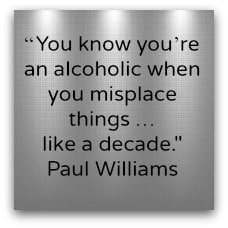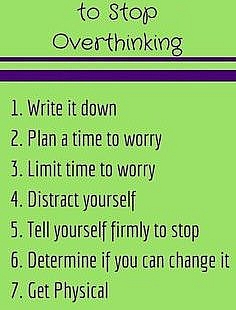Why do people get addicted to drugs, alcohol, food, sex, gambling? Here’s why trauma is the root cause of addiction and how trauma leads to addictive behavior. I recently attended a trauma workshop as part of my education as an alcohol and drug addictions counselor, and I learned how trauma and addictive behaviors are linked.
Trauma has a significant effect on our brains and bodies, and negatively affects our ability to cope (unless we process it in healthy ways).
Trauma is a significant contributing factor in alcohol and drug addiction. If we want to recover from addiction – and help our clients recover from addiction, if we’re counselors – we need to address the traumas we’ve faced but not dealt with.
What is Trauma?
Anything that has a significant effect on our lives is traumatic. Dental or medical surgery can be traumatic, and so can seeing a pet get hurt or killed. Abuse, natural disasters, car accidents, bullying, divorce, parental addiction, abandonment, harassment – all of these experiences have the potential to be traumatic.
The impact of different traumatic experiences depends on our age, personality, temperament, how often the trauma is experienced (eg, nightly abuse versus a one-time root canal), who or what caused the trauma, etc.
Interesting fact about trauma and child abuse: a non-abused sibling of an abused child will be more emotionally traumatized than the abused child, because of feelings of powerlessness, fear, and guilt.
We’re wired to heal from trauma. Our bodies have the potential to heal from trauma in various ways: talking about the experience, crying, yelling, screaming, running, shaking, exercising, processing. But if we don’t heal from the trauma, we are vulnerable to coping in unhealthy ways. Drugs, alcohol, food, sex, and gambling are addictive behaviors that are caused by trauma.
What is the Link – How Does Trauma Cause Addiction?
 Alcohol and drug abuse is a coping tool for unresolved trauma. Using and abusing substances – including food, sex, gambling – is a way to “manage” symptoms of distressed caused by trauma. That is a simplified explanation of how trauma and addiction are related. Trauma leads to dissociation and disconnection from our selves, and to self-destructive behavior.
Alcohol and drug abuse is a coping tool for unresolved trauma. Using and abusing substances – including food, sex, gambling – is a way to “manage” symptoms of distressed caused by trauma. That is a simplified explanation of how trauma and addiction are related. Trauma leads to dissociation and disconnection from our selves, and to self-destructive behavior.
Trauma causes the limbic brain to take over, and the cortex to shut down. When we’re in the “fight, flight, or freeze” mode, we don’t think rationally. We are overtaken by our limbic system, which is unconscious and primarily concerned with both survival and pleasure.
In addictions counseling, we’re dealing with developmental trauma. We may have clients who are developmentally five or ten years old, because trauma froze healthy development. The biological age of our client is, for example, 35, but she’s stuck at an emotional age of five, ten, or sixteen. Another way to look at this is that when a client first started using drugs or alcohol as an addictive behavior, that is the age they’re stuck at. This can be make it difficult to counsel them! Read How to Help Clients Find Their Strengths for tips.
Early recovery from drug and alcohol is not the time to do in-depth trauma work. Early recovery from addiction is the time to provide safety, trust, healthy support systems, the space to experience healthy emotional responses to trauma, options to connect with self, and self-regulation tools.
Trauma does not automatically or immediately cause drug or alcohol addiction, but it is a significant contributing factor and the root of addiction.
To learn more about addiction, read The Disease of Alcoholism – A Simple Explanation. I wrote it for a reader whose sister is an alcoholic.




